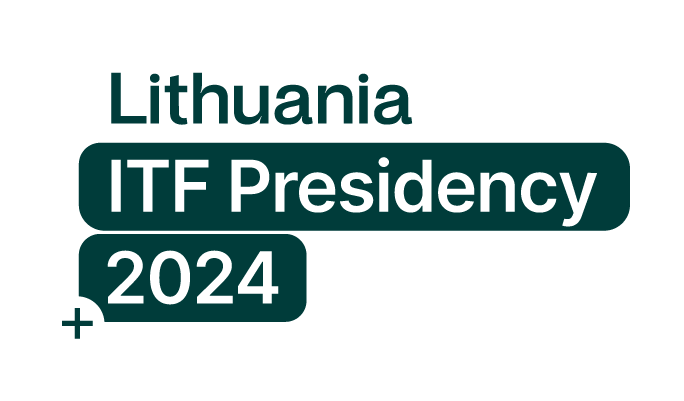Women at the Forefront of a Green and Resilient Transport Transition
Event Details
Organisers: UNEP, GIZ TUMI, World Bank & the International Transport Workers Federation Unlocking the transformative potential of gender-responsive transport planning is crucial for a greener, more inclusive, and decarbonized transport sector.
Event Details
Organisers: UNEP, GIZ TUMI, World Bank & the International Transport Workers Federation
Unlocking the transformative potential of gender-responsive transport planning is crucial for a greener, more inclusive, and decarbonized transport sector. The panel discussion, centered on decarbonization and gender, explores these intersections from both employment and user perspectives.
Currently, women face significant barriers to workforce participation due to limited access to safe transportation, constraining their engagement by 16.5%, according to the ILO. However, bridging this gap isn’t just about equality; it’s a strategic imperative for global development and environmental sustainability. Transitioning to green transport provides a unique opportunity to redress gender imbalances in the workforce.
Women, who currently represent less than 20% of the global transport workforce, can play a pivotal role in the burgeoning electric mobility industry, thereby advancing both gender equality and decarbonization efforts. In addition, understanding gender differences in mobility patterns is crucial for shaping effective policy responses. Women travel behaviors inherently contribute to greener travel compared to men, with higher shares of walking and public transport usage.
However, many women are captive users of public transport due to limited alternatives tailored to their needs. Policy interventions must empower women to participate meaningfully in the electric vehicle sector while providing then with quality transport systems that address their priorities, so they keep them using public transport out of choice, while promoting modal shift of women and men using less cleaner transport options.
By implementing gender-responsive transport planning, governments can ensure equitable access to sustainable mobility solutions. Through collaborative dialogue and evidence-based policymaking, the panel aims to harness the synergies between gender equality, economic development, and environmental sustainability to drive positive change in the transport landscape, ultimately advancing both decarbonization goals and gender equity in the workforce and among users.
SPEAKERS
- Karla Gonzalez Carvajal, Practice Manager for East and Southern Africa, World Bank
- Annika Berlin, Programme Management Officer, UNEP
- Alana Dave, Director of Urban Transport, International Transport Workers Federation
- Ines Sanchez de Madariaga, Professor of Planning & Adjunct Director ETSAM, Universidad Politenica de Madrid/UNESCO Chair on Gender
Moderator: Ariadne Baskin, Co-Lead Women Mobilize Women, TUMI/GIZ
more
Time
(Wednesday) 3:30 pm - 4:45 pm(GMT+02:00)
Location
CCL - MPA 3

